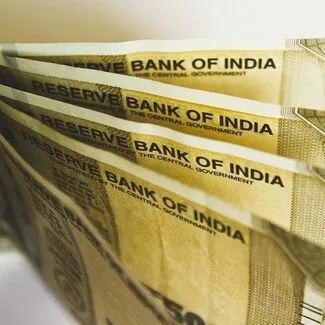
Government Approves 8th Pay Commission for Salary Revisions
Prime Minister Narendra Modi’s Union Cabinet has given its nod to establish the 8th Pay Commission, which will oversee the revision of salaries for central government employees. Union Minister Piyush Goyal announced the initiative earlier this year, though an official notification remains pending. The Pay Commission, a periodic body, is responsible for recalibrating wages and allowances based on economic indicators and employee needs. This latest approval marks a significant step in addressing long-standing concerns about salary structures and cost-of-living adjustments for over 50 lakh central government employees.
Understanding the Pay Commission’s Role
The Pay Commission operates on a decennial cycle, with its findings shaping the financial framework for government workers. The 7th Pay Commission, which took effect in 2016, introduced a fitment factor of 2.57 per cent, leading to a 14.3 per cent increase in basic pay for employees. However, this factor does not represent a direct multiplication of salaries but rather an incremental adjustment to align with inflationary pressures. The 8th Pay Commission is expected to follow a similar approach, resetting dearness allowance (DA) to zero at the start of its tenure to ensure a fair rebase of financial benefits.
Salary Structure and Component Breakdown
Government salaries are composed of four primary components: basic pay, dearness allowance (DA), house rent allowance (HRA), and transport allowance. According to recent analyses, basic pay constitutes 51.5 per cent of total income, while DA accounts for 30.9 per cent, HRA for 15.4 per cent, and transport allowance for 2.2 per cent. These percentages highlight the critical role of DA in offsetting inflationary impacts. The 8th Pay Commission’s proposed revisions aim to recalibrate these components to better reflect current economic realities and employee welfare.
Broader Implications for Employees and Pensioners
The anticipated salary revisions under the 8th Pay Commission are projected to benefit nearly 50 lakh central government employees, including defense personnel. Additionally, approximately 65 lakh pensioners, including retired defense officers, are expected to see improved financial support. This marks a pivotal moment for public sector workers, as the Commission’s recommendations could redefine income structures and retirement benefits. The process underscores the government’s commitment to balancing fiscal responsibilities with employee welfare, though the exact details of the proposed adjustments remain under review.
Next Steps and Public Sector Impact
While the Union Cabinet has approved the formation of the 8th Pay Commission, the final implementation details are yet to be formalized. The Commission’s findings will likely influence not only current employees but also future pensioners, reshaping the financial landscape for millions. The revised salary structure is expected to address longstanding disparities and enhance purchasing power for government workers. As the Commission moves forward, its decisions will serve as a benchmark for public sector wage negotiations and policy-making across the country. The outcome will be closely watched by stakeholders, including employees, pensioners, and policymakers, as it could set new standards for financial equity in the public sector.




